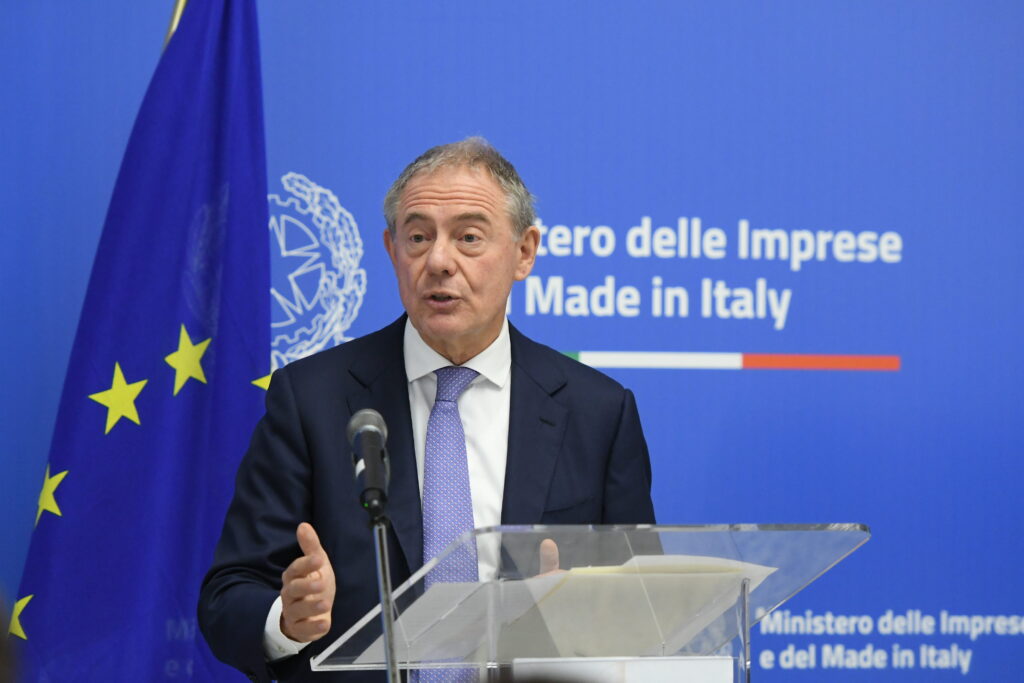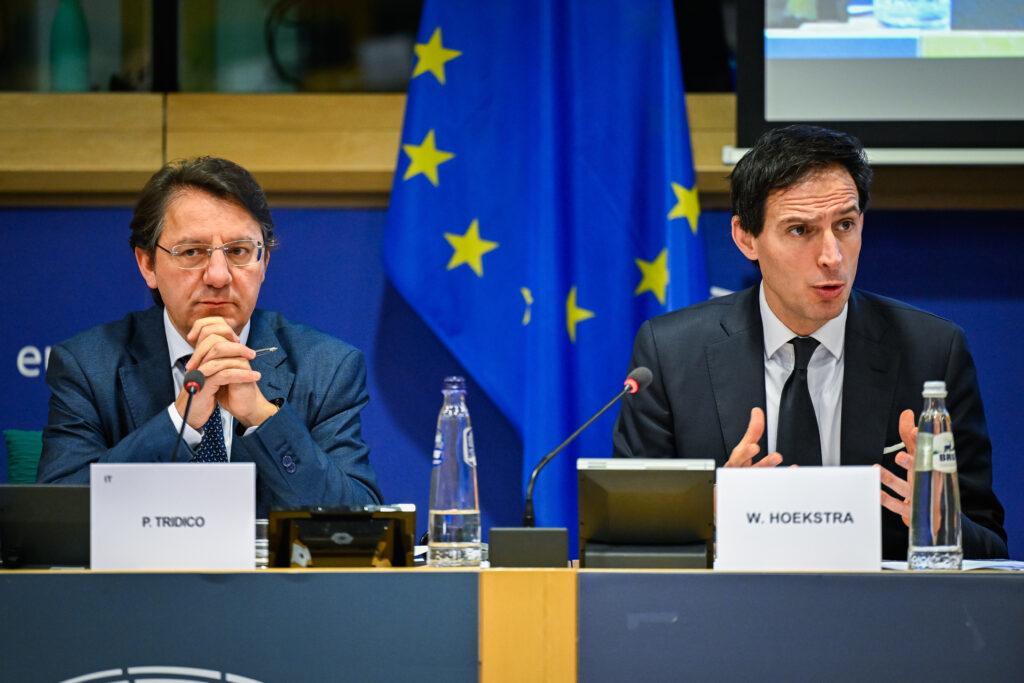Brussels – The EU is working to simplify the CBAM, the Border Carbon Adjustment Mechanism that is a key component of the Green deal sought by Ursula von der Leyen during her first term at the helm of the EU executive, said Climate Commissioner Wopke Hoekstra. During a European Parliament hearing in Brussels, he also reiterated the need to address the twelve-star bureaucratic hypertrophy.
During a speech to the Subcommittee on Fiscal Matters (FISC), chaired by 5 Star Movement MEP Pasquale Tridico, Hoekstra emphasized yesterday (Feb. 6) that it is necessary to address “the complexity and bureaucracy” of European environmental legislation. Too bad it was precisely the First von der Leyen College — of which the former Shell employee was a member, albeit for only a few months, after replacing his compatriot Frans Timmermans, who left Brussels to lead the coalition of Social Democrats and Ecologists (the same coalition that he would like to see replicated throughout the 27 member states) in the Dutch November 2023 elections – that introduced the Green Deal, claiming it as a necessary and fundamental advance.
However, as is now evident even in the early months of this new institutional cycle, the focus on green policies gave way to priorities more in line with business interests. The latest buzzwords are competitiveness and simplification (or deregulation, whatever you want to call it). “We are exploring, in each individual area, what we as a Commission can do or how we can incentivize member states” to reduce regulatory and bureaucratic complexity, starting with “a simplification of the CBAM.”

This need has become a flagship issue for the Minister for Enterprises and Made in Italy (MIMIT) Adolfo Urso, who for months has been advocating “technological neutrality,” which, he argues, must form the backbone of the new EU industrial policy. The Minister is pleased with the direction the EU executive seems intent on taking, touching on “many of the elements we have indicated,” including the revision of CBAM, active in an experimental phase until the end of the year and scheduled to come into final effect in 2026.
Concretely, to the Financial Times, Hoekstra outlined Brussels’ willingness to exempt some 180,000 European companies out of a total of 200,000 from bureaucratic obligations related to the mechanism, which effectively imposes a “carbon tax” on non-EU goods from selected heavy industry sectors that cross the borders of the 27 member states, limiting its application only to the largest importers.
“Less than 20 percent of the companies in the scope are responsible for more than 95 percent of the emissions in the products,” he explained, arguing that this move “does not do anything to [diminish] the importance of climate targets, but is a way to make life much easier” for a wide range of companies across the continent, helping them improve their competitiveness. That simplification proposal will come with the first “Omnibus” measure, which the Commission is expected to present later this month and which the European Parliament and the EU Council will need to approve.

Separately, Hoekstra pledged to start a review of the CBAM specifically for the cement, aluminum, electricity, and hydrogen sectors, which could also be extended to other areas such as glass, ceramics, paper, pulp, and basic chemicals. “We will carefully examine the areas of application” and “we will also carefully evaluate exports” while keeping an “open mind,” he added, stressing that this is not an easy undertaking.
The commissioner reiterated before MEPs that “taxation can prove to be a powerful and effective tool to promote progress toward our climate goals.” For example, the Energy Taxation Directive (currently being negotiated among the co-legislators) “will further incentivize clean energy by taxing fossil fuels more than renewables.” “The text needs to be more ambitious in the aviation and shipping sectors,” he noted, “and we want to make sure we make progress on emissions targets.”
English version by the Translation Service of Withub





